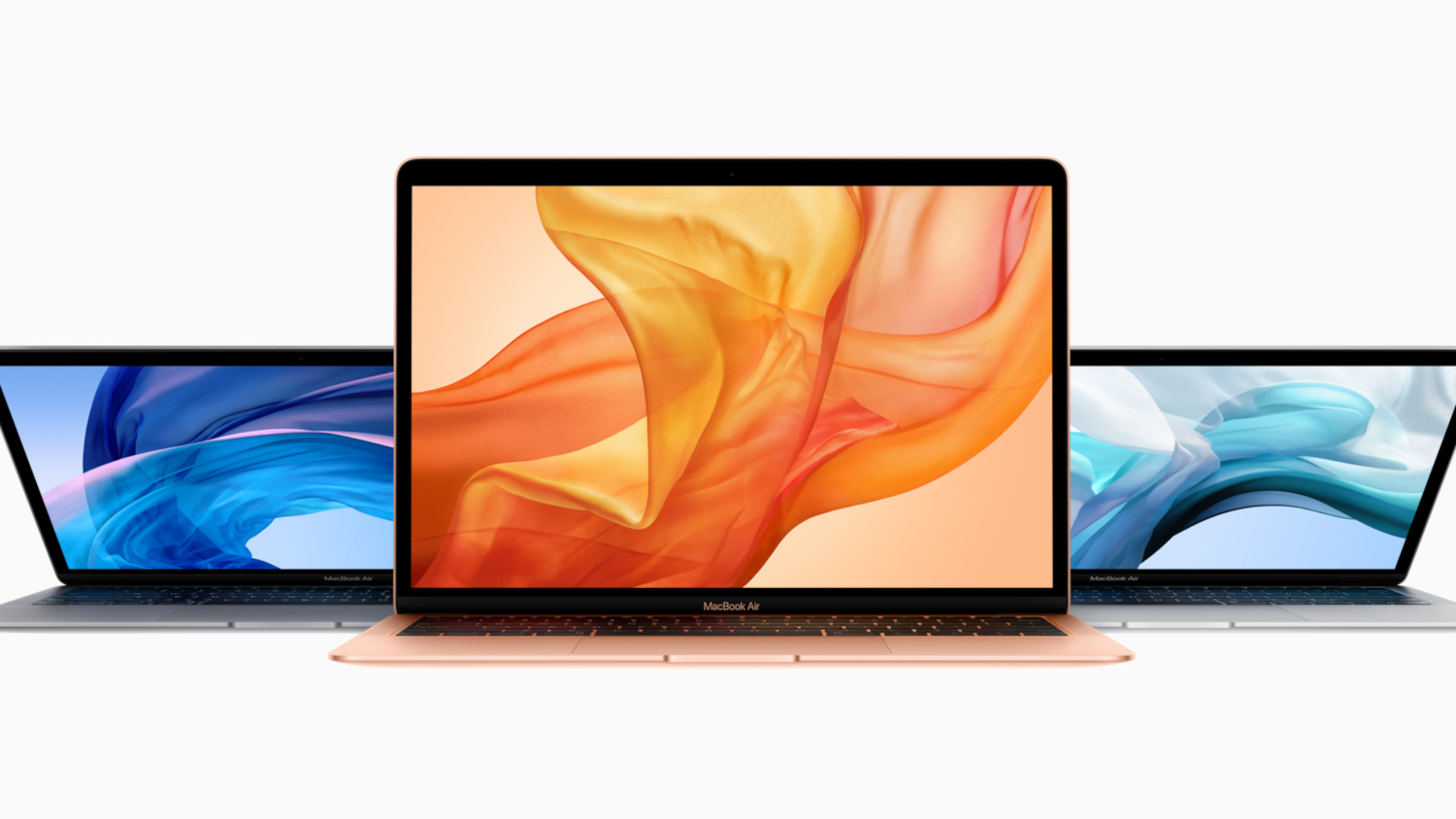Report: Apple Downgraded the MacBook Air's SSD
Earlier this month Apple reduced the price of its base MacBook Air with Retina Display from $1,199 to $1,099. A new report published today by Consomac explained how the company managed to save that $100: it used a worse-performing SSD than the previous model's.
Consomac said it tested both models of MacBook Air with the Blackmagic Disk Speed Test. The most recent model reportedly achieved 1.3GB/s read, and 1GB/s write speeds; the 2018 model offered 2GB/s and 0.9GB/s respectively. We haven't tested the new MacBook Air ourselves, but if those results are reproducible, the MacBook Air's storage was clearly downgraded as part of the 2019 update.
Performance isn't a key metric for the MacBook Air--its primary appeal is its portability--but it's still unfortunate that Apple replaced the SSD so that it could reduce the base model's price. It's not like storage is expensive; DRAMeXchange said in May that it expects the price-per-GB for high capacity SSDs to fall below 10 cents by the end of 2019. We doubt Apple was sitting on many of these SSDs.
It was already difficult to justify the MacBook Air's starting price with a sparse 128GB of storage. Buyers could upgrade the SSDs while they were configuring the device, sure, but at the time of writing, Apple charges $200 for every bump above 128GB. That means a 1TB model would cost at least an extra $600. Unless something else changed with the refresh, the storage isn't user-upgradeable, either.
Hopefully, the refreshed MacBook Pro, which received a new Touch Bar and Apple T2 Security Chip alongside the addition of True Tone and Intel's 8th Gen quad-core CPUs, fared better on the storage front. Apple specifically said in its announcement that the new MacBook Pro "packs" some "super-fast SSDs." Maybe it was telling the company didn't make the same claim for the new MacBook Air.
Get Tom's Hardware's best news and in-depth reviews, straight to your inbox.

Nathaniel Mott is a freelance news and features writer for Tom's Hardware US, covering breaking news, security, and the silliest aspects of the tech industry.
